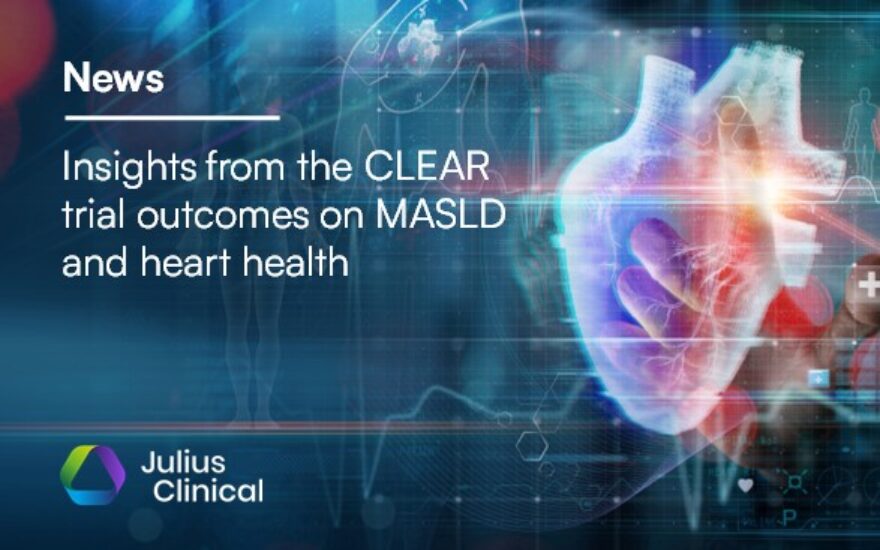Hemodiafiltration in renal failure reduces the risk of death by 23% compared to hemodialysis

Last Friday, the results of the CONVINCE trial were published in the prestigious New England Journal of Medicine. We are thrilled to announce that the CONVINCE study has shown that the use of high-dose hemodiafiltration led to a remarkable 23% lower risk of death from any cause compared to high-flux hemodialysis in patients with kidney failure resulting in kidney-replacement therapy. These results are important for nephrologists around the globe and might impact how patients are treated.
We want to express our deepest gratitude to everyone who contributed to the success of this project. Our team at Julius Clinical had the incredible opportunity to participate in the CONVINCE trial, and it has been an honor to play a role in this important research. We are immensely proud of our dedicated and talented team members who worked tirelessly to support this trial and help advance medical knowledge.
Read the full article in NEJM here.
Related news
Cardiovascular risk in elderly with obesity and liver fibrosis: Benefits of statins
Commentary by Dr. Marco Alings, MD PhD, Amphia Ziekenhuis, Breda; WCN, Utrecht; Scientific Officer at Julius ClinicalThere is a strong association between age, obesity, liver fibrosis and cardiovascular (CV) disease, particularly in the conte...
Insights from the CLEAR trial outcomes on MASLD and heart health
At Julius Clinical, we are collaborating with Esperion to dive deeper into the findings of the CLEAR trial outcomes. Our focus? Investigating the relationship between metabolic dysfunction-associated steatotic liver disease (MASLD) and cardiovascu...
Metabolic dysfunction associated steatotic liver disease and the heart
Commentary by Dr. Marco Alings, MD PhD, Amphia Ziekenhuis, Breda; WCN, Utrecht; Scientific Officer at Julius ClinicalThe estimated prevalence of Metabolic Dysfunction Associated Steatotic Liver Disease (MASLD) in the adult population is 31% ...


